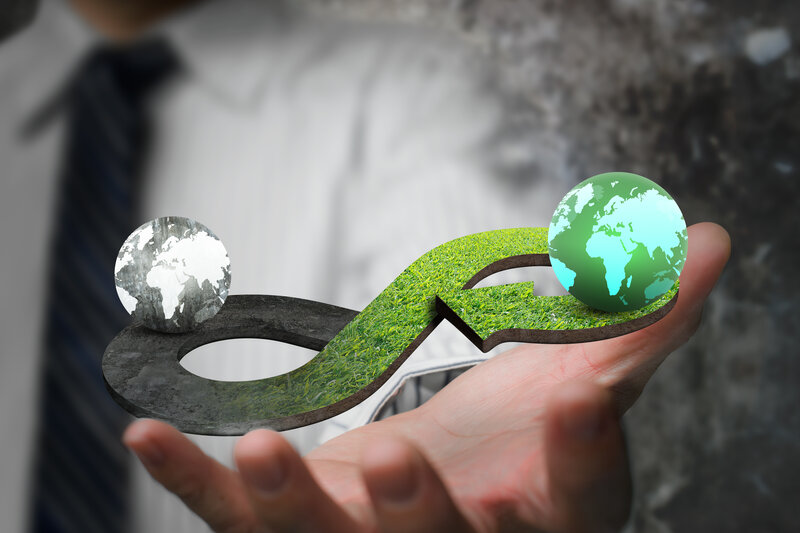Clean technologies and infrastructure for a low-carbon future have high mineral requirements. A circular economy might be realised before 2050 if governments and the business sector encourage innovation across the supply chain and guarantee that items like batteries can be readily dismantled and recycled. However, development patterns indicate that mining may continue to play a role. Demand for metals rises when the developing world approaches the same per capita material use as the developed world.
The goal is to recycle and reuse as much as possible; nevertheless, new-mined resources will be necessary to allow green technology and infrastructure shortly. There are adequate geological resources to produce the essential metals. Still, we must carefully balance the need to mine to address environmental and social governance challenges and deliver on sustainable development objectives, ensuring that the results benefit both people and the planet.
Mining resources are necessary to allow green technologies and infrastructure in the near run.
Clean technologies and infrastructure for a low-carbon future have high mineral requirements.
According to the research, a circular economy might be realised before 2050, provided governments and the business sector “get innovation right throughout the supply chain” and guarantee that items like batteries can be “simply dismantled and recycled.”
“The goal remains to recycle and reuse as much as possible,” according to the report. “However, in the near future, new-mined resources will be necessary to allow green technologies and infrastructure.”
“There are sufficient geological resources to deliver the required metals, but we must carefully balance the need to mine with the requirement to tackle environmental and social governance (ESG) issues and to deliver sustainable development goals, ensuring outcomes are beneficial for both people and planet.”
The study urges the world to obtain various approved sources carefully, creatively, and methodically for in-demand metals.
“New frontiers for supply should include neglected mined waste and seeking more regulated mining areas in our own backyard rather than relying on sources with less controllable, fragile and problematic supply chains,” the report stated.
“The debate about mining our deep ocean, as an alternative to terrestrial sources, needs to be resolved. Based on such a comprehensive analysis, we can then make balanced societal choices about metal and mineral supply to deliver the ‘Great Reset’ with a good deal for people and planet.”
What the future holds for the mining industry.
As environmental, social, and governance (ESG) factors become a more significant priority for investors, shareholders and a broader group of stakeholders, miners will need to do more to integrate ESG into corporate strategies, decision-making and stakeholder reporting. Miners that can demonstrate their contribution to a more sustainable future will have a competitive advantage over those that don’t.
Are you interested in knowing more about the Mining industry and the green future? Contact us today at 877-560-5063 or [email protected]




